What treatment
10+ Highly Rated Stem Cell Treatment for Muscular Dystrophy Clinics in China
Reach Out to These Certified Stem Cell Treatment for Muscular Dystrophy Clinics List in China Loved by Patients!
Hebei Yanda International Hospital
Overview
Hebei Yanda International Hospital in Beijing, China, addresses your healthcare needs with expert oncology, cardiology, and neurology treatments.
Read more detailsBeijing Puhua International Hospital
Overview
Beijing Puhua International Hospital (BPIH), located in the heart of Beijing's cultural center, has been delivering international-standard healthcare since 1995. Learn about the stem-cell and cancer hospital here.
Read more detailsVega Stem Cell Clinic in Bangkok Thailand
Overview
Vega Clinic in Bangkok, Thailand, helps people feel better with special treatments. They use new ways to heal and make sure each person gets care made just for them.
Read more details
GIOSTAR Hospital Bengaluru
Overview
Discover GIOSTAR Hospital in Bengaluru, India—your go-to center for advanced stem cell therapies and cutting-edge procedures for orthopaedics. Explore treatments for diabetes, stroke, SCI, and more.
Read more details
Discover your treatment options with a free, no-obligation quote!
Get your quote now!Dr. Ebenezer Abel Paul - Stem Cells in Malaysia
Overview
Explore Stem Cells in Malaysia with Dr. Ebenezer Abel Paul, offering cutting-edge regenerative therapies and advanced stem cell treatments.
Read more details
Dr. Pravin Patel's Innovative Hospital & Research Center
Overview
Dr. Pravin Patel's Innovative Hospital provides best stem cell treatment in Gujarat, India. Also offers Ozone therapy, Quantum therapy , EBOO therapy, Frequency & Laser Therapy at affordable cost.
Read more details
FirstCell Malaysia
Overview
FirstCell specialize on cell-based medicine and treatments especially via MSC and NKC to enhance wellness and for targeted treatment modules. We are committed in delivering excellent treatment.
Read more details
Live Stem Cell Asia - Premier Stem Cell Clinic in Malaysia
Overview
Discover advanced stem cell Malaysia treatments at Live Stem Cell Asia, Petaling Jaya. Experience personalized care and innovative regenerative solutions.
Read more details
Discover your treatment options with a free, no-obligation quote!
Get your quote now!StemRx Hospital and Research Centre
Overview
At StemRx Hospital & Research Centre, We specialize in advanced Regenerative Medicine & Stem Cell therapy for Autism, Cerebral Palsy, Orthopedics, Migraine, AVN & IVF providing personalized care.
Read more details
Klinik Setia Gemilang
Overview
Klinik Setia Gemilang: Leading in stem cell therapy, orthopedic treatments, and anti -ageing solutions Malaysia . It is part of Setia Gemilang Medicare which houses a clinic and dentist
Read more detailsBeike Biotech
Overview
Beike Biotechnology offers the best stem cell therapy in Thailand, combining top-quality regenerative treatment with cutting-edge technology for optimal patient care.
Read more detailsBoston Health Longevity - Anti Aging Stem Cell Therapy in Thailand
Overview
Experience advanced Anti Aging Stem Cell Therapy in Thailand at Boston Health Longevity. Improve cellular health, vitality, and longevity with expert care.
Read more detailsChaum Medical Center
Overview
Premium healthcare at Chaum Medical Center, Seoul. Personalized anti-aging, stem cell therapy, and advanced medical services for a youthful life.
Read more detailsMousai Wellness Center - Stem Cell Bangkok Thailand
Overview
Discover advanced Stem Cell treatments in Bangkok, Thailand at Mousai Wellness Center. Safe, innovative, and personalized care for lasting wellness.
Read more detailsNulook Anti-Aging & Regenerative Center
Overview
Nulook Anti-Aging & Regenerative Center in Bali, Indonesia offers Botox, Ultherapy, Dermal Fillers, Thermage, PRP, Pico Laser and more.
Read more detailsReeLabs Stem Cells in Mumbai, India
Overview
ReeLabs provides advanced Stem Cell Mumbai services, including stem cell banking and therapy for safe preservation and future medical use.
Read more detailsSCF Clinic - Stem Cell Bangkok Thailand
Overview
Experience advanced Stem Cell Bangkok Thailand at SCF Clinic. We offer CAR-T, NK Cell therapy, Exosomes, Multi-Cancer Early Detection & Anti-Aging programs.
Read more detailsStay Well Clinic & Physio
Overview
Discover advanced Stem Cell and NK Cell therapies at Stay Well Clinic & Physio in Phuket, Thailand. Experience cutting-edge treatments for optimal health.
Read more detailsSurecell Medical Clinic
Overview
Experience the Best Stem Cell Therapy in Pattaya, Thailand at Surecell Clinic. Transform your health with our state-of-the-art regenerative treatments.
Read more detailsViecell Institute of Regenerative Medicine
Overview
Discover Viecell Institute in Surat, Gujarat, India, for cutting-edge stem cell therapy. Transforming health with advanced regenerative solutions.
Read more detailsWhich are the top Stem Cell Treatment for Muscular Dystrophy clinics in China?
When considering Stem Cell Treatment for Muscular Dystrophy in China, two prominent clinics stand out: Hebei Yanda International Hospital and Beijing Puhua International Hospital, both located in Beijing. These facilities are recognized for their specialized approaches in regenerative medicine and offer comprehensive care plans for patients seeking advanced therapies for muscular dystrophy. They represent leading options for individuals exploring stem cell treatment within the region.
Hebei Yanda International Hospital focuses on innovative healthcare solutions, including advanced treatments for neurological conditions like muscular dystrophy. It's a key player in medical tourism, attracting patients globally due to its modern facilities and integrated medical services. Beijing Puhua International Hospital has a longer history, offering international-standard healthcare since 1995. This hospital is particularly noted for its stem cell programs and has garnered positive patient reviews, reflecting its commitment to quality and patient outcomes in complex neurological cases.
What should I consider when choosing a stem cell clinic for muscular dystrophy in China?
When selecting a stem cell clinic for muscular dystrophy in China, prioritize clinics with established experience in neurological regenerative therapies. Look for facilities that can demonstrate successful patient outcomes, offer transparent information about their treatment protocols, and emphasize patient safety. Research their medical accreditations, facility standards, and the qualifications of their medical team specializing in muscular dystrophy. This ensures you receive care that is both advanced and trustworthy for your specific condition.
It's vital to inquire about the specific types of stem cells used, whether they are autologous (from your own body) or allogeneic (from a donor), and the source of these cells. A reputable clinic will provide detailed information on these aspects, along with the entire treatment plan, including pre-treatment evaluations, the procedure itself, and post-treatment follow-up protocols. Patient testimonials and independent reviews can also offer valuable insights into the clinic's patient care and overall experience.
How do Chinese clinics specialize in Muscular Dystrophy stem cell therapy?
Chinese clinics specializing in Muscular Dystrophy stem cell therapy often integrate stem cell transplantation with conventional rehabilitation and supportive care. Their expertise often lies in using various types of stem cells, like Mesenchymal Stem Cells (MSCs) and neural stem cells, tailored to target muscle regeneration and nerve support. These clinics typically have dedicated research departments contributing to the evolving understanding and application of regenerative therapies for complex neurological conditions.
Specialization in these clinics frequently includes advanced diagnostic capabilities to accurately assess the stage and progression of muscular dystrophy. Treatment plans are often personalized, considering the patient's specific type of muscular dystrophy, age, and overall health. The clinics aim to improve motor function, slow disease progression, and enhance quality of life through a multidisciplinary approach that may involve physical therapy, occupational therapy, and nutritional guidance alongside stem cell interventions.
What types of stem cells are typically used for muscular dystrophy treatment in China?
In China, mesenchymal stem cells (MSCs) are commonly utilized for muscular dystrophy treatment, owing to their ability to differentiate into various cell types, including muscle cells, and their immunomodulatory properties. Neural stem cells and umbilical cord-derived stem cells are also frequently employed, chosen for their potential to aid in muscle repair, reduce inflammation, and support nerve regeneration. The specific cell type depends on the clinic's protocol and the individual patient's condition.
MSCs are often sourced from bone marrow, adipose tissue, or umbilical cord tissue. They are favored for their low immunogenicity, meaning they are less likely to cause an immune reaction. Neural stem cells are explored for their role in neural tissue repair, which can indirectly benefit muscle function. Umbilical cord stem cells are a potent source of young, healthy cells with high proliferative capacity, offering a less invasive collection method compared to bone marrow. Clinics in China continuously research and refine their techniques, often combining these stem cell types or using them in conjunction with growth factors to enhance therapeutic outcomes.
Are there patient support services offered by Muscular Dystrophy clinics in China?
Many muscular dystrophy clinics in China offer a range of patient support services designed to ease the treatment journey. These often include language interpretation, assistance with accommodation and transportation, and dedicated patient coordinators. Beyond logistics, psychological support and access to rehabilitation specialists are frequently part of the comprehensive care package, ensuring patients feel supported throughout their medical stay.
For international patients, these support services are particularly crucial. Clinics like Beijing Puhua International Hospital understand these needs and strive to provide a seamless experience, from initial inquiry to post-treatment follow-up. This can include guidance on visa applications, airport pick-up, and coordination of local travel. Additionally, some clinics provide access to support groups or counseling services, helping patients and their families cope with the emotional and psychological aspects of living with muscular dystrophy and undergoing advanced treatment.
What are the facilities like at leading stem cell centers for muscular dystrophy in China?
Leading stem cell centers for muscular dystrophy in China typically boast modern, well-equipped facilities. These often include advanced diagnostic imaging, state-of-the-art sterile operating theaters, and dedicated regenerative medicine laboratories for cell processing. Patient rooms are usually designed for comfort and accessibility, and many facilities incorporate rehabilitation areas with specialized equipment to support post-treatment recovery and physical therapy.
For instance, hospitals such as Hebei Yanda International Hospital and Beijing Puhua International Hospital emphasize a patient-centric environment. You can expect private or semi-private rooms, often with amenities that cater to international patients, such as Wi-Fi and television. The clinical spaces are designed to adhere to international standards of hygiene and safety, crucial for stem cell procedures. Furthermore, these centers often feature advanced rehabilitation gyms with specialized therapists, ensuring a holistic approach to recovery and functional improvement after stem cell therapy.
How is the quality of care ensured in Chinese stem cell clinics for muscular dystrophy?
The quality of care in Chinese stem cell clinics for muscular dystrophy is typically ensured through adherence to national health regulations, internal quality control protocols, and the expertise of specialized medical teams. Many reputable clinics also seek international accreditations or affiliations, signifying their commitment to global standards of patient safety and treatment efficacy. Continuous medical education and research initiatives also contribute to maintaining high standards.
Beyond official accreditations, individual clinics often implement rigorous internal audits and patient feedback mechanisms to continuously improve services. For example, clinics like Beijing Puhua International Hospital, with its history of international patient care, generally employ highly skilled medical professionals experienced in neurology and regenerative medicine. They prioritize individualized treatment plans, meticulous patient monitoring, and comprehensive follow-up care to optimize outcomes and ensure a safe therapeutic journey for individuals with muscular dystrophy.
What is the typical patient journey for stem cell therapy for muscular dystrophy in China?
The typical patient journey for stem cell therapy for muscular dystrophy in China usually begins with an initial consultation, often remotely, where medical records are reviewed. Upon arrival, patients undergo comprehensive diagnostic assessments to confirm eligibility and tailor a treatment plan. The stem cell administration follows, usually through intravenous infusion or direct injection, complemented by intensive rehabilitation. Post-treatment, patients receive detailed discharge instructions and a plan for follow-up care.
This journey is structured to provide continuous support and monitoring. The pre-treatment phase includes thorough medical history evaluation, physical examinations, and specialized tests. During the treatment period, daily schedules might involve therapy sessions, nutritional support, and regular consultations with the medical team. The post-treatment phase is crucial for rehabilitation and observing initial results. Clinics often offer tele-consultations for long-term follow-up, helping patients manage their recovery and track progress after returning home.
Are follow-up care options available after stem cell treatment for muscular dystrophy in China?
Yes, most reputable clinics offering stem cell treatment for muscular dystrophy in China provide comprehensive follow-up care options. This typically includes detailed discharge instructions, recommendations for ongoing rehabilitation, and scheduled virtual consultations to monitor patient progress. Many clinics offer continued support through patient coordinators to address any post-treatment concerns, ensuring a sustained recovery journey.
For instance, centers like Hebei Yanda International Hospital and Beijing Puhua International Hospital understand the importance of long-term care for neurological conditions. They often develop personalized follow-up plans that might include recommendations for physical therapy, occupational therapy, and nutritional advice back in the patient's home country. Patients are usually given contact information for their medical team or a dedicated patient liaison to answer questions and provide guidance after they leave China. Remote monitoring through regular check-ins and video calls is also a common practice to assess the efficacy of the stem cell therapy and make any necessary adjustments to the recovery plan.
What makes a stem cell clinic reputable for muscular dystrophy treatment in China?
A reputable stem cell clinic for muscular dystrophy treatment in China is distinguished by several key factors. These include a proven track record of successful patient outcomes, transparent communication about treatment risks and benefits, and adherence to rigorous ethical and safety standards. Independent accreditations, extensive patient testimonials, and a specialized multidisciplinary medical team with advanced training in regenerative medicine further enhance a clinic's standing.
Such clinics, like Beijing Puhua International Hospital, typically participate in ongoing research and utilize state-of-the-art facilities. They will provide clear, evidence-based information regarding their stem cell sources, processing methods, and administration techniques. Furthermore, a reputable clinic prioritizes personalized care, offering comprehensive pre-treatment evaluations, customized treatment protocols, and robust post-treatment follow-up. They are committed to patient education, ensuring individuals and their families are fully informed to make confident decisions about their care journey.












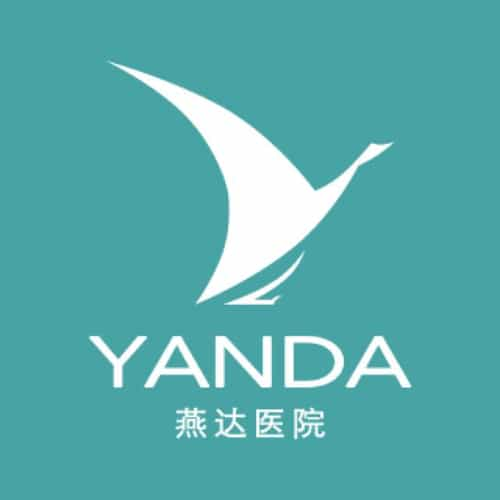
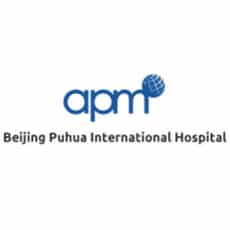





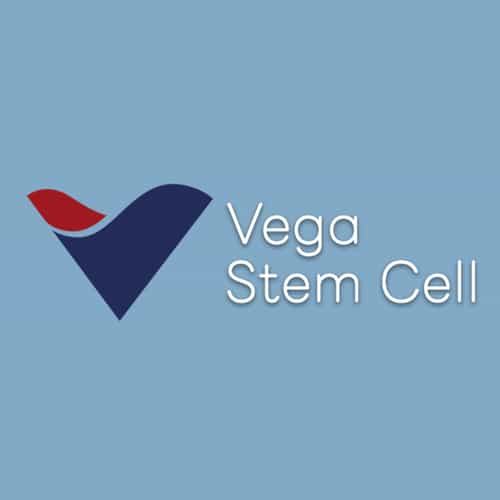
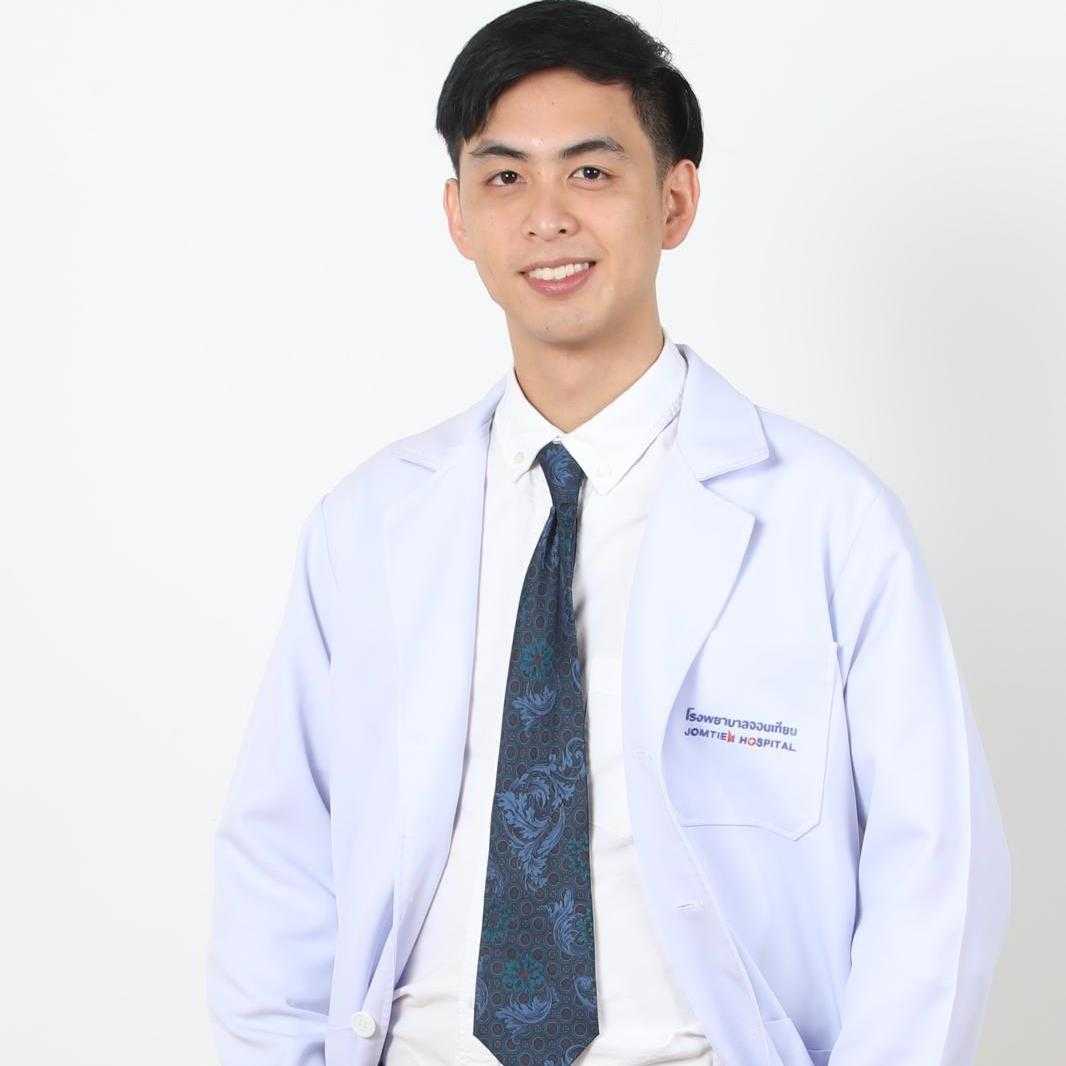
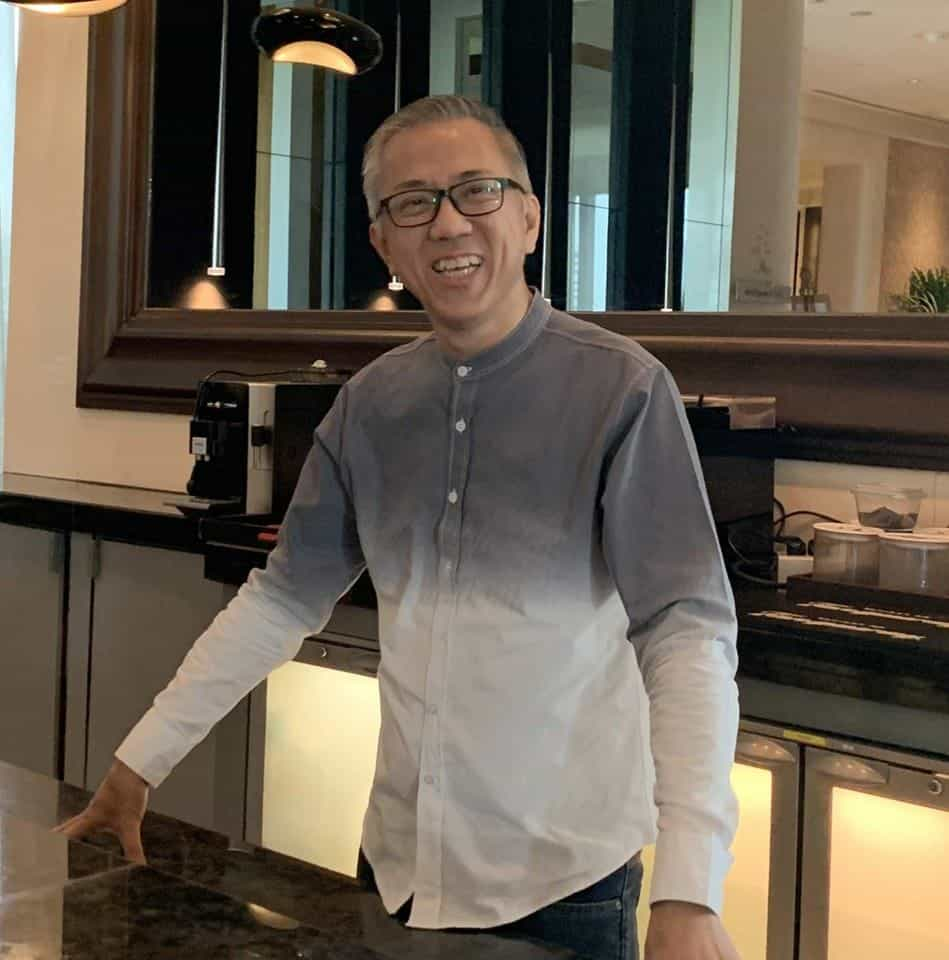
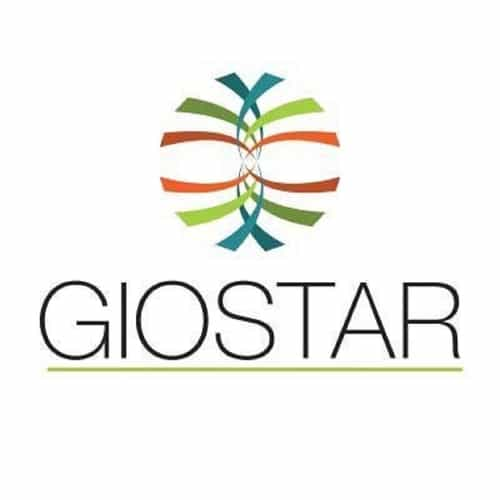
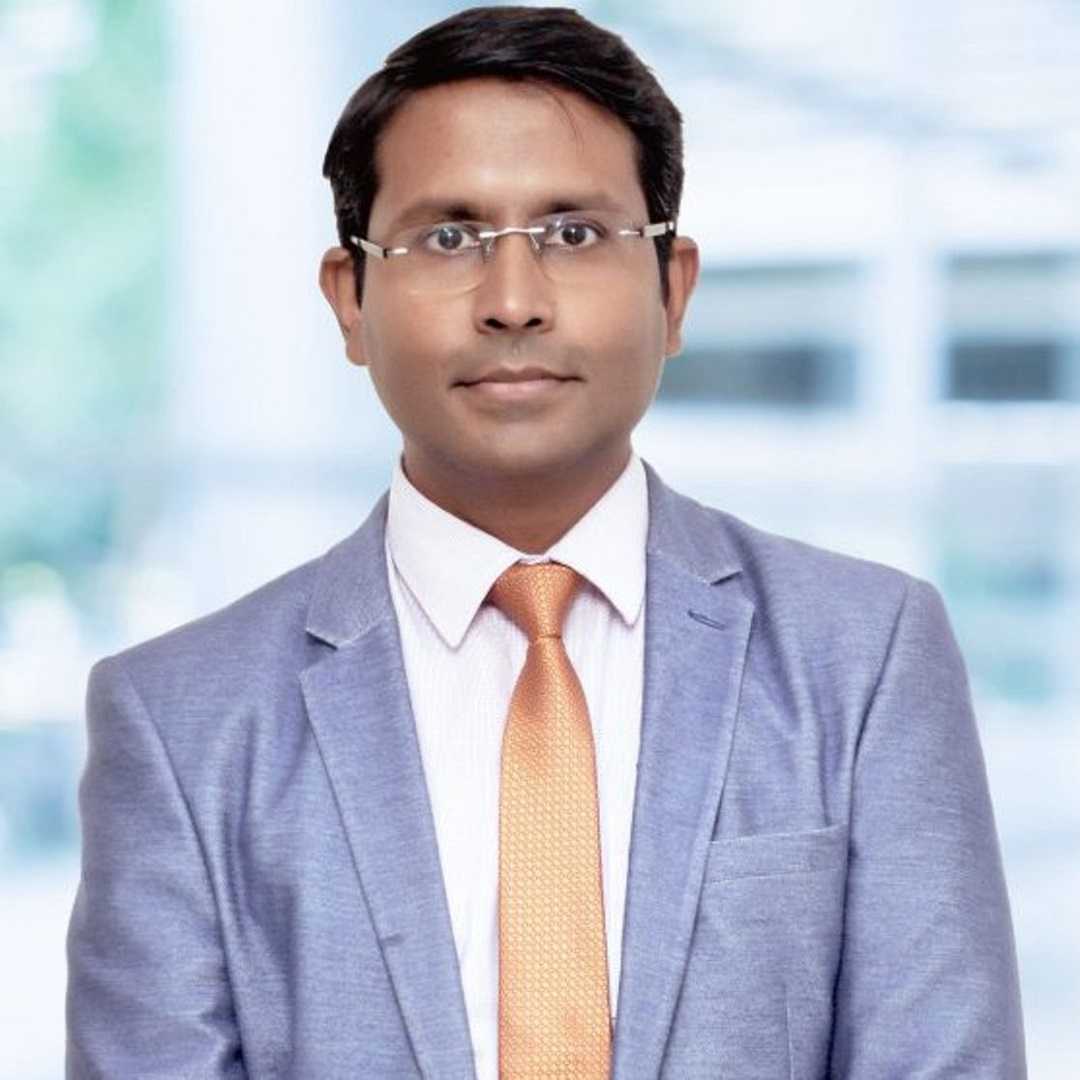
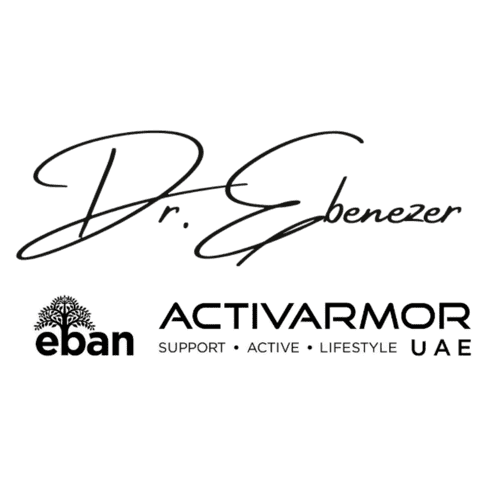
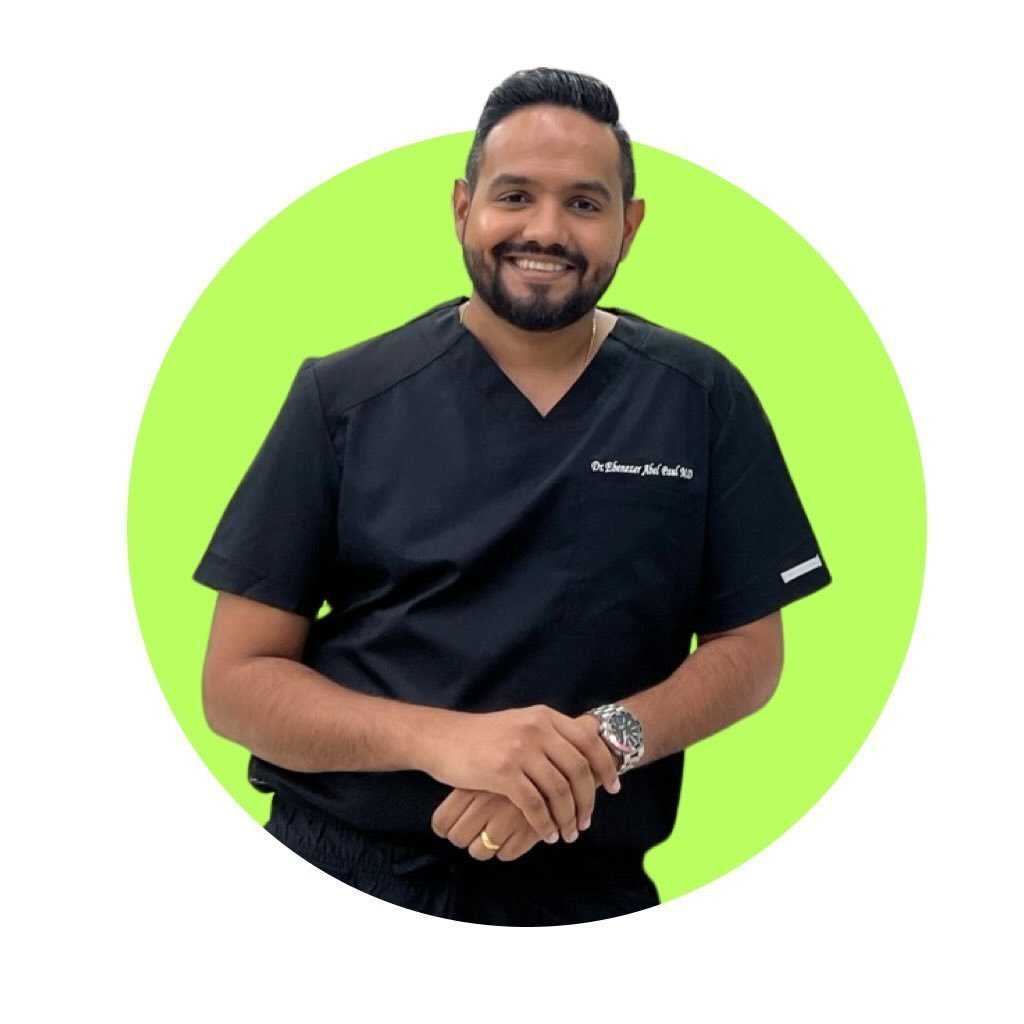
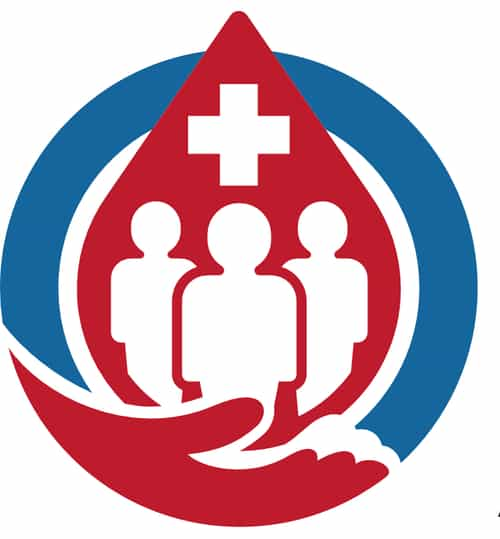
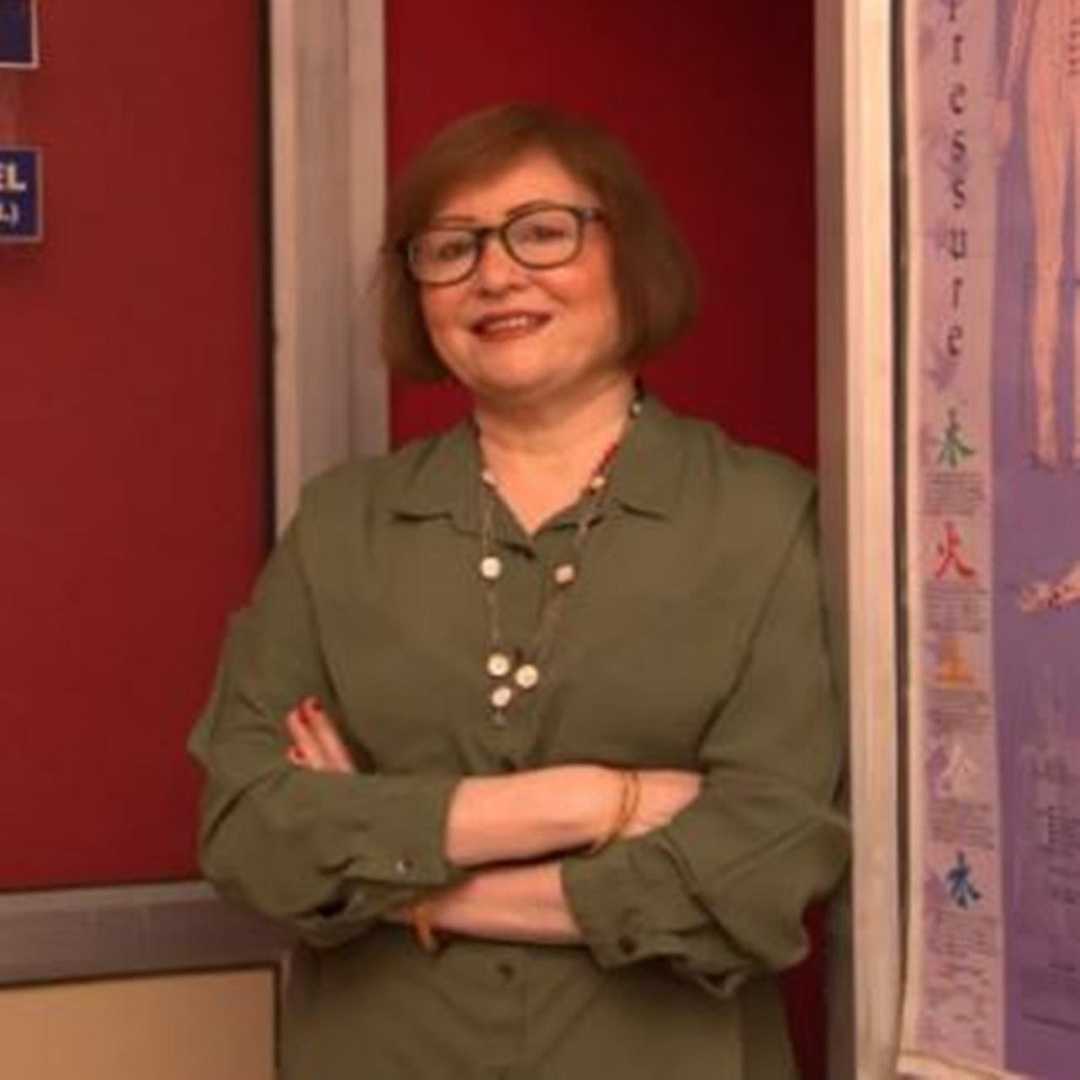
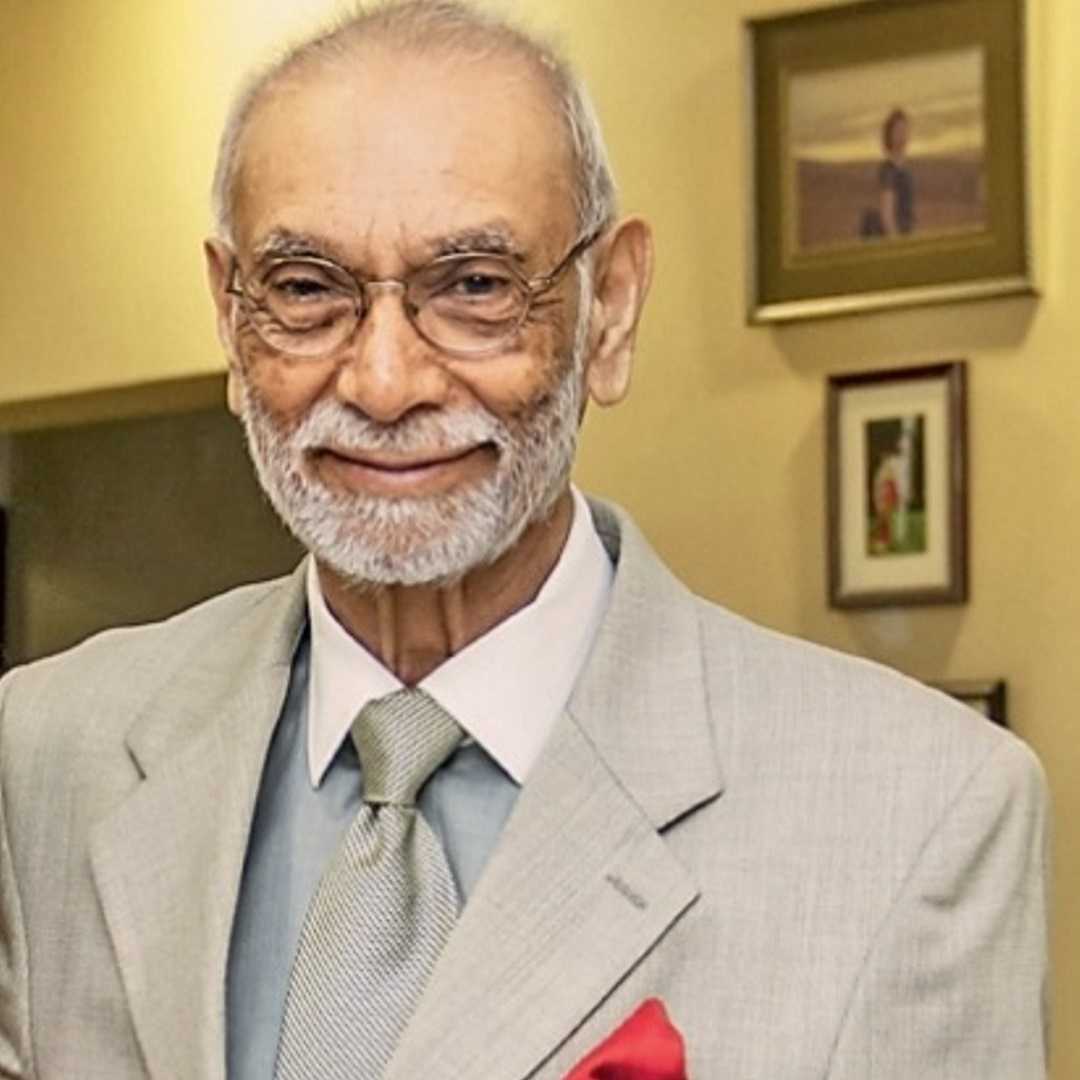
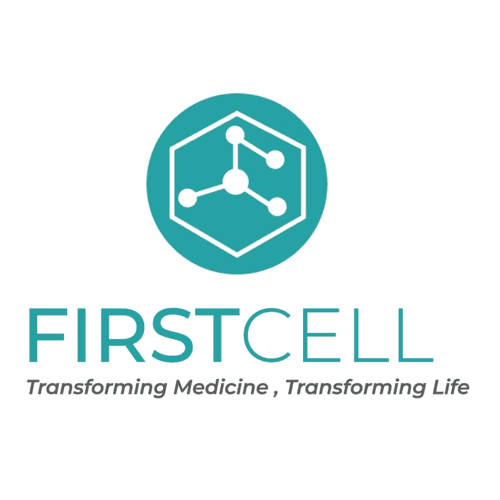
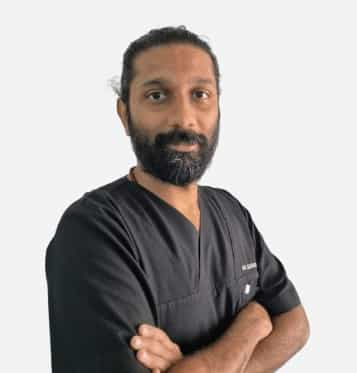
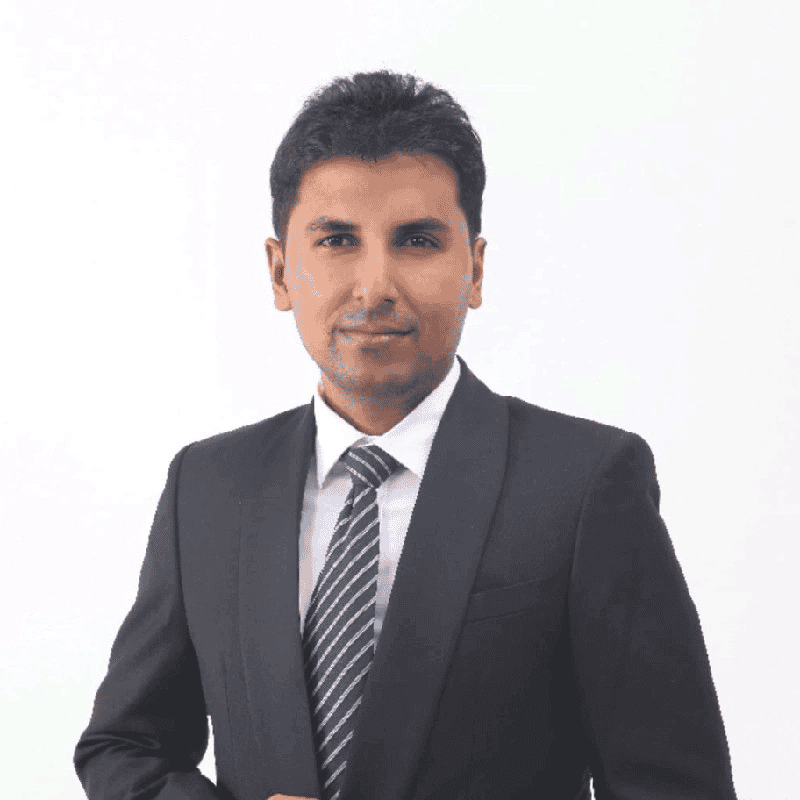
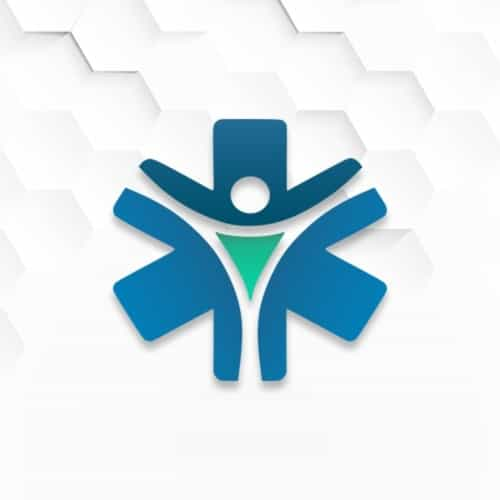
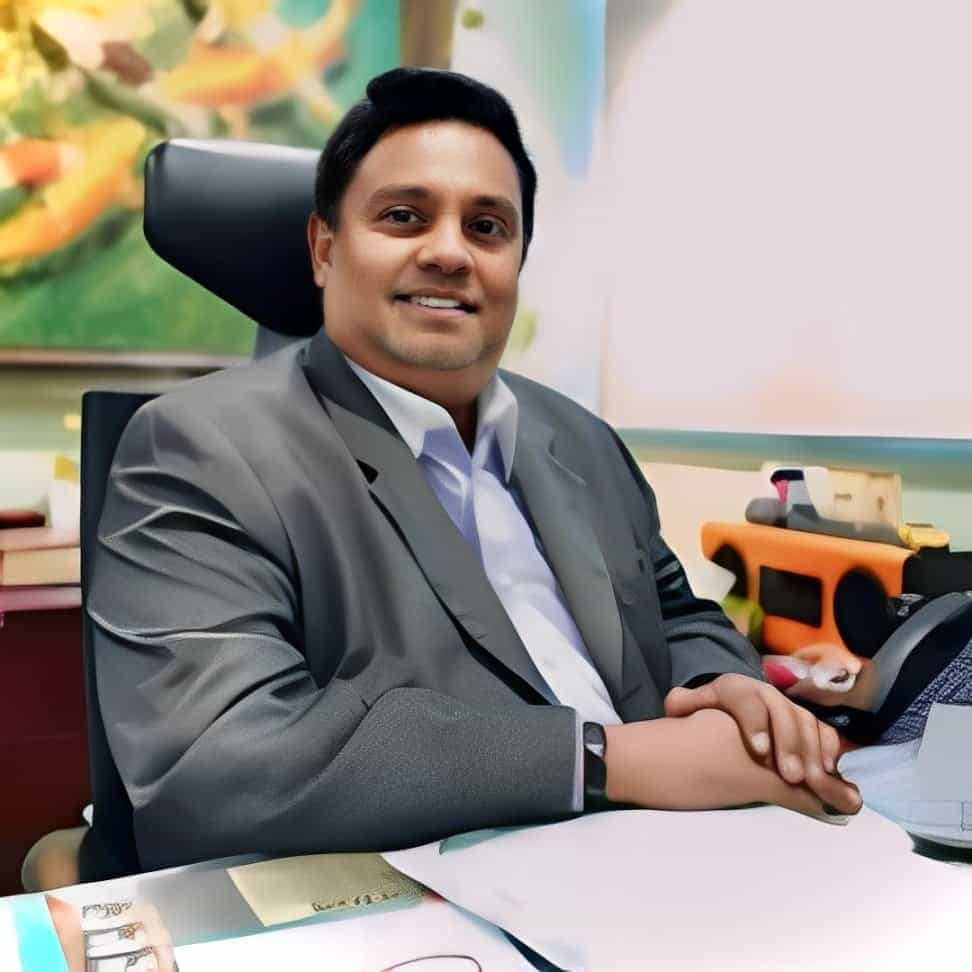
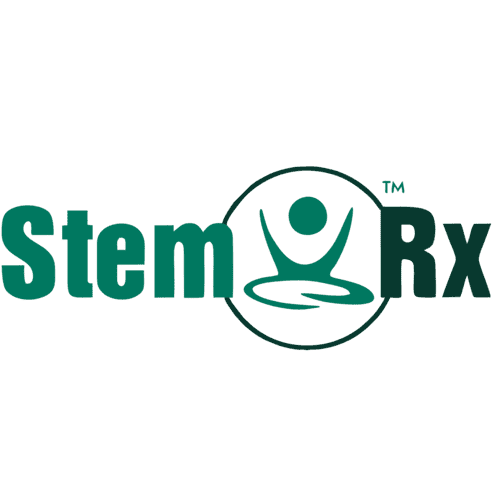
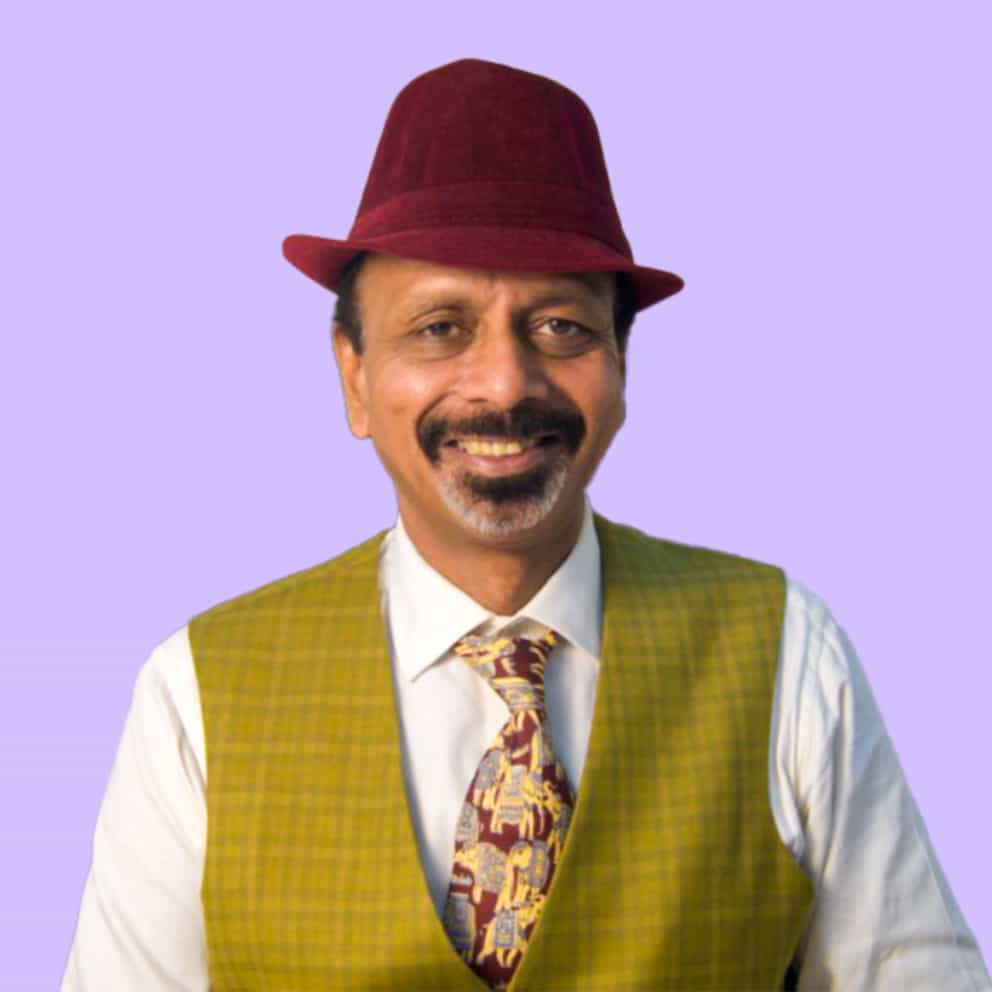
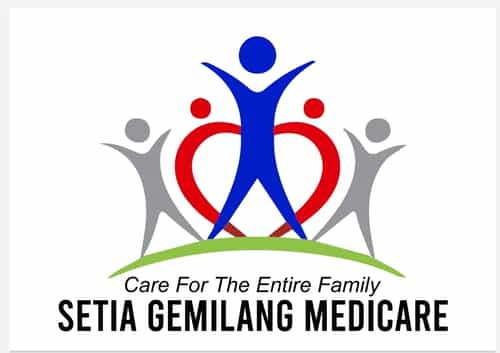
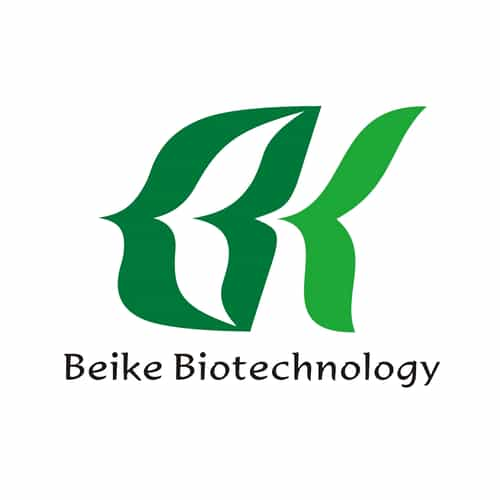
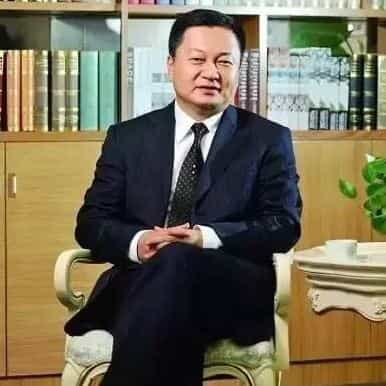
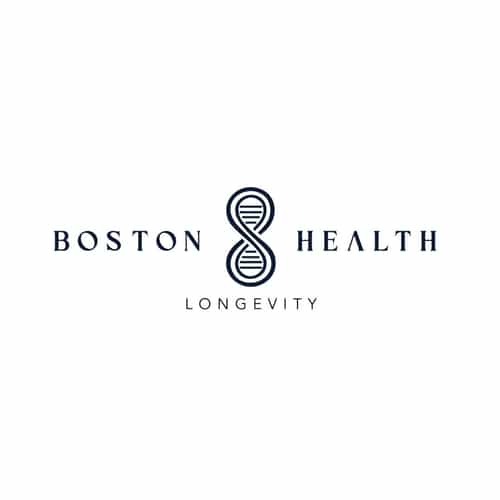
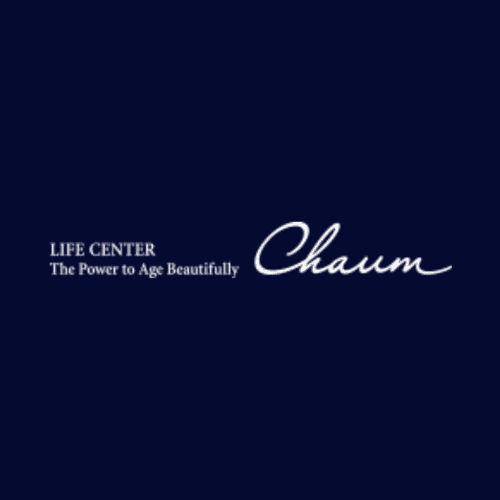
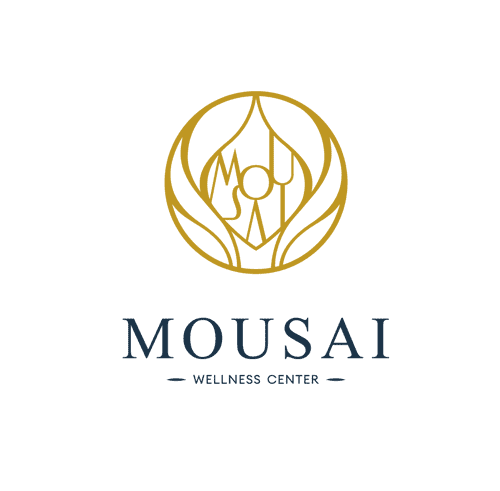
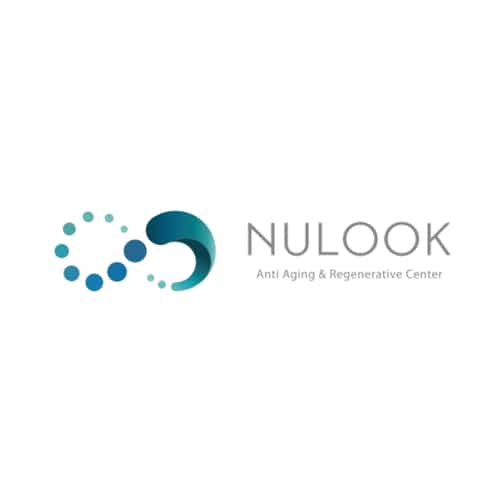

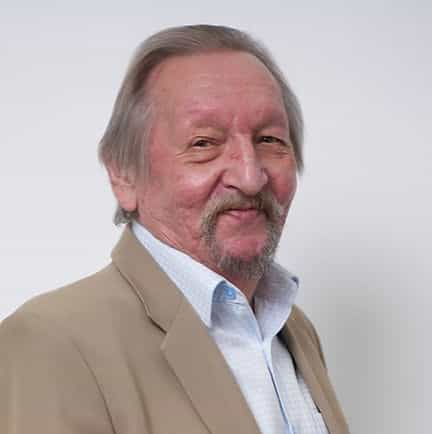
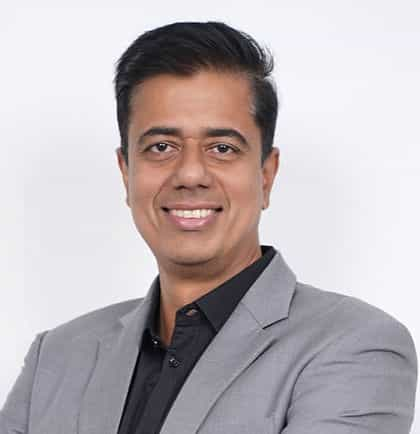
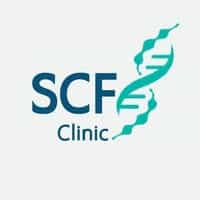

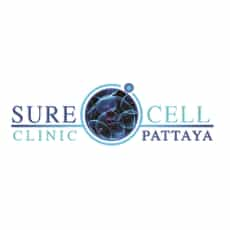
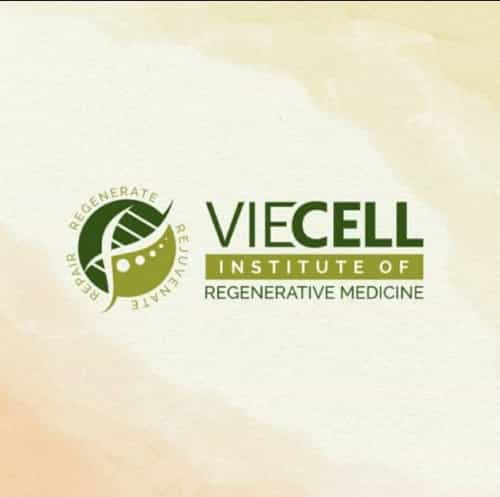

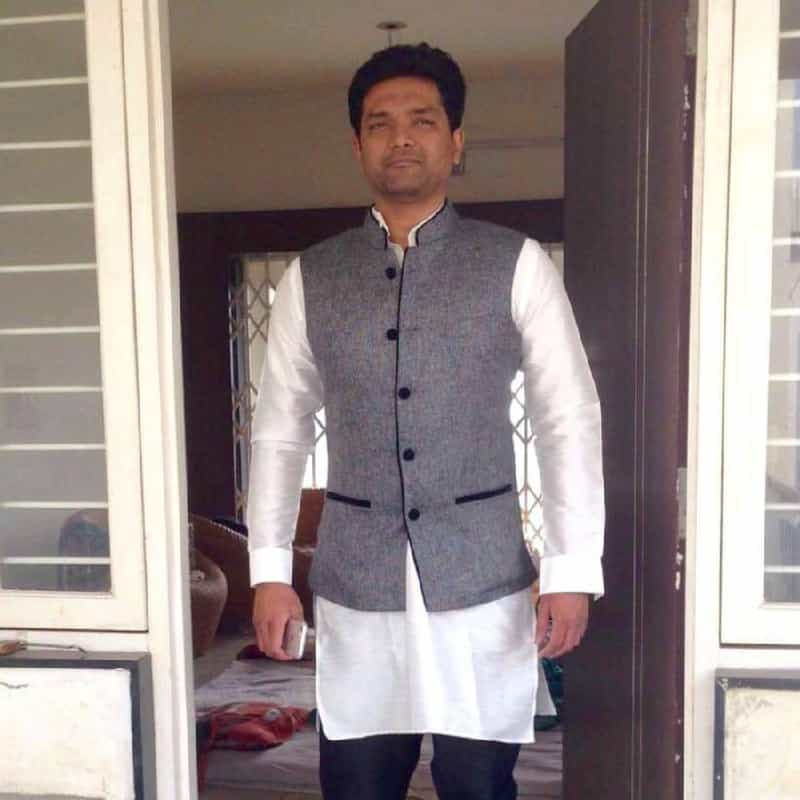






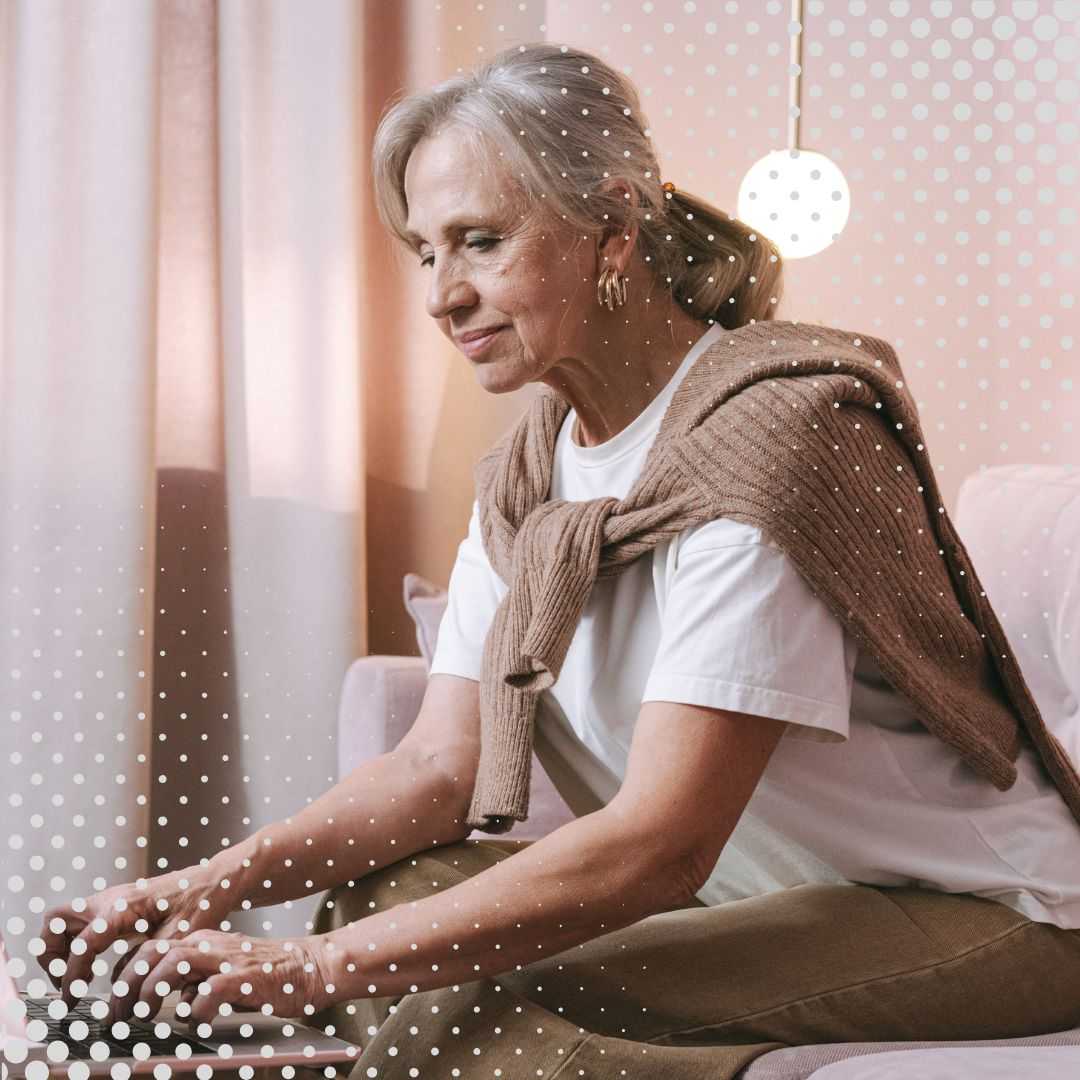


Was referred to this hospital by placidway consultant Vidya. Vidya was super helpful and knowledgeable and answered my questions. She arranged for a consultation at Beijing PUhua. I did not wait long and consulted with the doctors. The staff were helpful.
Read More